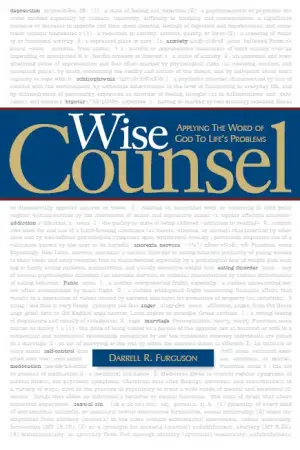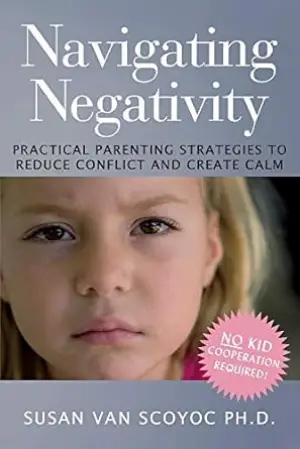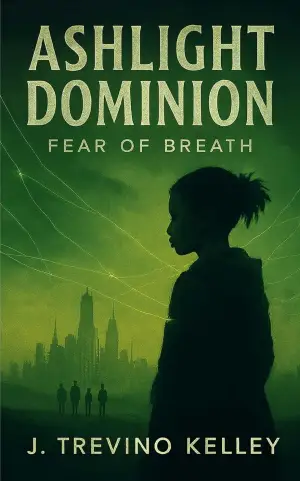“I was this little ball of self-destructive fury, and none of them could do anything but tell me that I was a little ball of self-destructive fury… I knew I was angry. Tell me what to do with that anger, please.”
– “Where She Went” by Gayle Forman
Spotlight on: ANGER
The Ancient Greeks believed that anger was a kind of madness, and that people should try to repress and control their anger.
But is anger always bad? Anger often drives us to try to change things – would people be trying to make the world a better place if they weren’t angry about the way things are. Anger is constructive and optimistic, vs fear. Studies have shown that angry people are more optimistic and constructive than people who are timid or fearful. But anger has also been proven to make people more prejudiced and judgemental.
Anger is usually directed at another person. If your laptop suddenly fizzes with sparks and stops working, you might feel sad. But if it stops working because your little brother smeared peanut butter into the USB ports, and pours cordial into the keyboard, them you’re much more likely to feel angry.
Today, psychologists warn against bottling up anger. Humans can only suppress anger for so long before it explodes. And if anger gets out of control, it can lead to violence and rage.
Rage is more severe than anger. Whereas anger can be directed towards positive outcomes, rage represents an inability to understand your own emotions and experiences. Rage is like all of your feelings trying to come out at the same time, and can be very dangerous.
Teenagers often experience anger and rage, because they often feel they have little or no control. Their lives are controlled by parents, teachers and politicians, which can lead to feelings of helplessness and anger. So it’s no surprise that there are plenty of YA novels about anger and rage. Gordon Reece’s Mice is about what happens when a timid, fearful girl gets sick of being bullied, and allows her anger to take control. Patrick Ness’s Chaos Walking trilogy explores the very limits of anger and rage, and what happens when your rage gets broadcast into the minds of everyone around you. For more angry books, try 101 Violence by Dennis Wright, Shirley Marr’s Fury, and Rage: A Love Story by Julie Anne Peters.
Does reading make you furious? What inspires your rage? 







Books can make me angry if I read about injustice. But when I think about it so many stories are driven by anger. If it wasn’t for voldemorts rage and revenge, Harry potter wouldn’t have been much of a story eh?